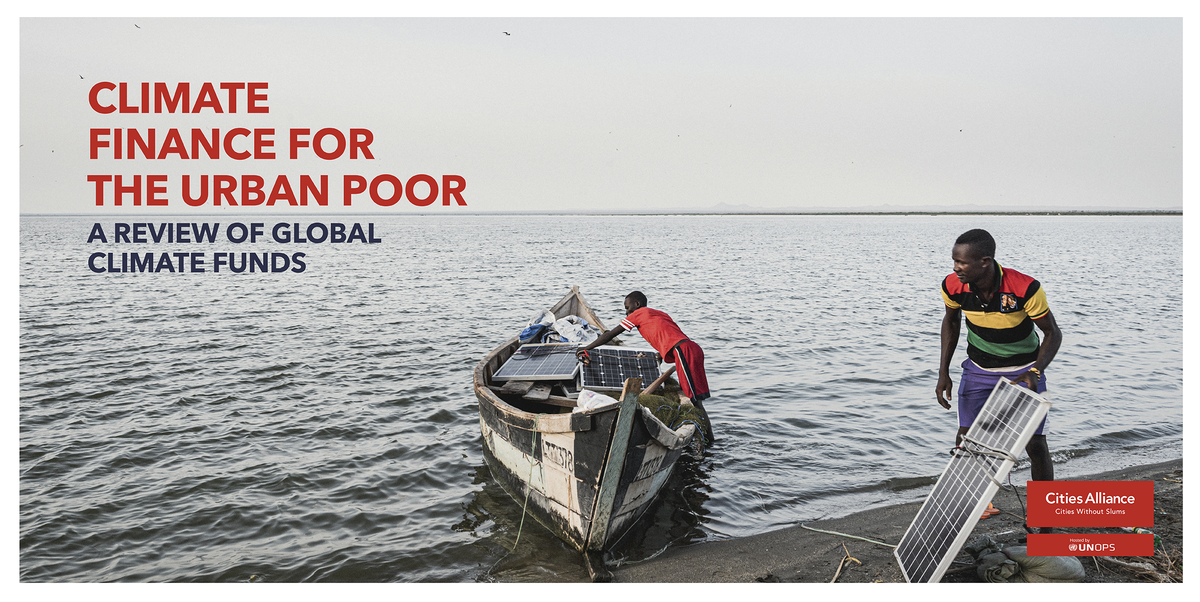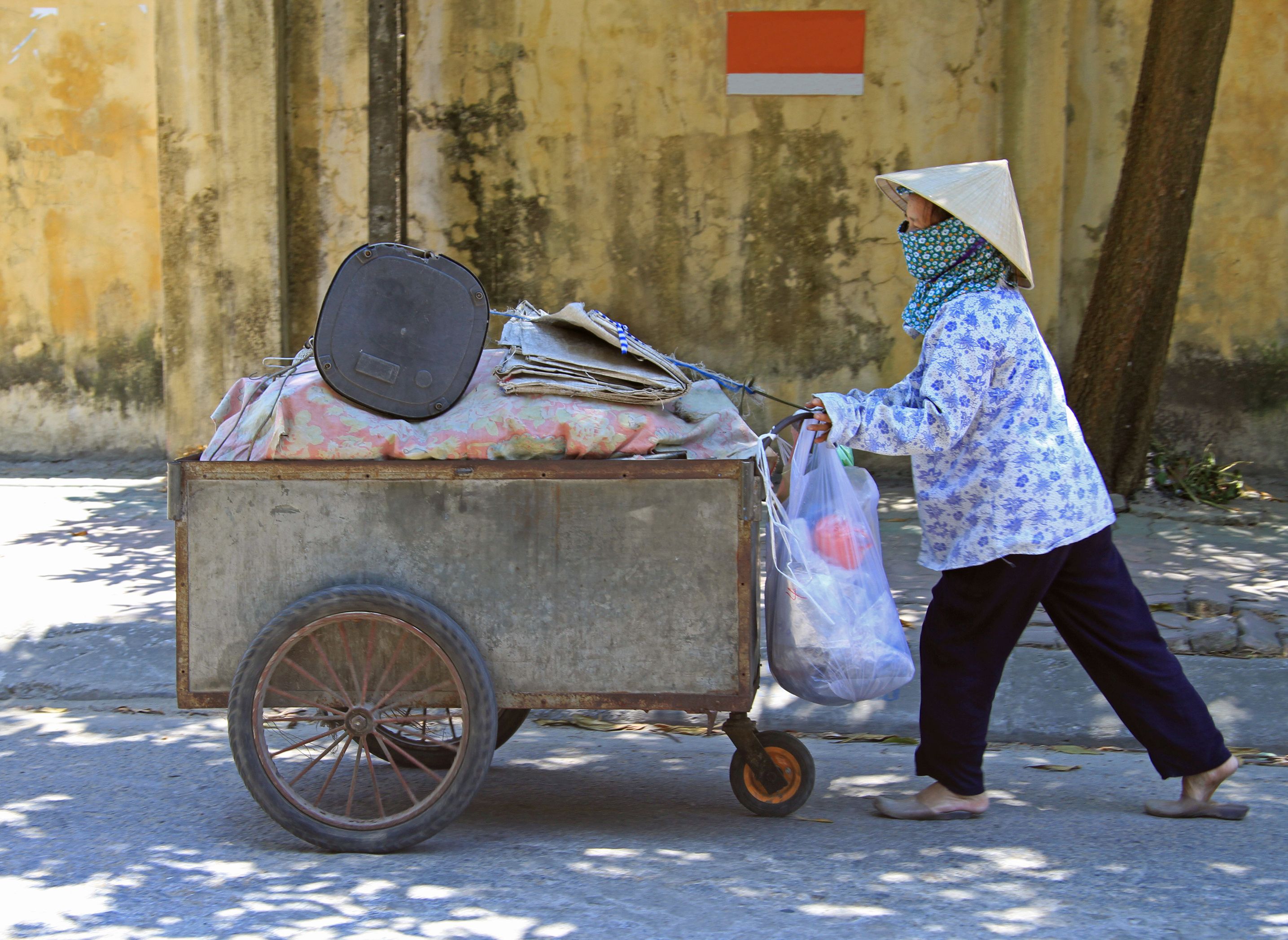News release
Baku, Brussels, 18 November 2024 - Cities Alliance launches its flagship report Climate Finance for the Urban Poor: A Review of Global Climate Funds at COP29 in Baku, Azerbaijan, highlighting the critical gap in climate finance for informal settlements. While COP29 discussions focus on climate finance and resilience, the report reveals that only a small fraction - 3.5 per cent - of global climate funds has been allocated to the urban poor over the past 20 years.
The urban poor are disproportionately affected by climate change, more likely to live in disaster-prone areas with limited resources to cope. However, these communities are also key drivers of a just and green transition, capable of fostering sustainable solutions when provided with adequate support. Local and global sustainability goals can only be achieved if sufficient support is provided to low-income communities.
At COP15, developed countries pledged USD 100 billion in climate finance by 2020, a target that was first met in 2022. Despite overall increases in climate finance, especially for urban areas, the share allocated to informal settlements has remained alarmingly low.
The fact that only a small fraction of global climate finance reaches the urban poor is both alarming and unjust. These communities are not only facing the greatest challenges of climate change but are also essential to the solutions. It is time for climate finance to recognize their capacity and potential, ensuring they are fully included in efforts to combat and adapt to climate impacts.
Greg Munro, Director of Cities Alliance
Ensuring a more equitable distribution
The new publication evaluates the allocation of global climate finance to the urban poor and informal settlements, drawing from data on 22 climate funds.
Shockingly, only USD 1.2 billion out of 33.4 billion (or 3.5 per cent of the total funding has been allocated to the urban poor over the past two decades. Furthermore, of the 3,428 climate projects tracked, only three explicitly mention the urban poor or informal settlements in their title.
With more than 1 billion people living in informal settlements worldwide, this lack of targeted projects and funding is insufficient to drive a green, just, and resilient transition in cities. When the urban poor have access to finance, they create sustainable and lasting change that improves livelihoods, enhances food and water security, and fosters environmental conversation and public health.
Evidence to act upon
There is an urgent need to increase climate funding for the urban poor. To achieve this, climate funders must recognize the urban poor as a particularly vulnerable group and develop measurable targets to track and accelerate funding for these communities. It is also crucial to engage slum dwellers in shaping and revising climate strategies, ensuring that informality and urban poverty are prioritized in climate actions.
Local communities should be involved in data collection to inform assessments and tailor interventions, enabling international development actors and their partners to improve the lives of those in informal settlements and lay the foundation for more resilient, equitable, and low-carbon cities.
The report will be launched during the event How Much (or Little) Climate Finance Focuses on the Urban Poor? at COP29, with Maria Fernanda Espinosa, President of Cities Alliance, unveiling the findings. The session will take place at the Swedish Pavilion on Tuesday, 19 November at 13:00 (Baku time, UTC+4), bringing together experts to discuss the urgent need for increased climate finance for the urban poor.
Media enquiries:
Yamila Castro ycastro@citiesalliance.org / yamilafcm@unops.org

About Cities Alliance
Cities Alliance is a global partnership fighting urban poverty and supporting cities to deliver sustainable development. Hosted by UNOPS, Cities Alliance operates a multi-donor fund, to manage its activities and support its mission. We focus on improving the well-being of the most vulnerable people in cities, through innovative, multisectoral solutions, addressing climate change, migration and forced displacement, gender equality, and economic development, primarily in the informal sector, in secondary cities. Learn more: https:www.citiesalliance.org





